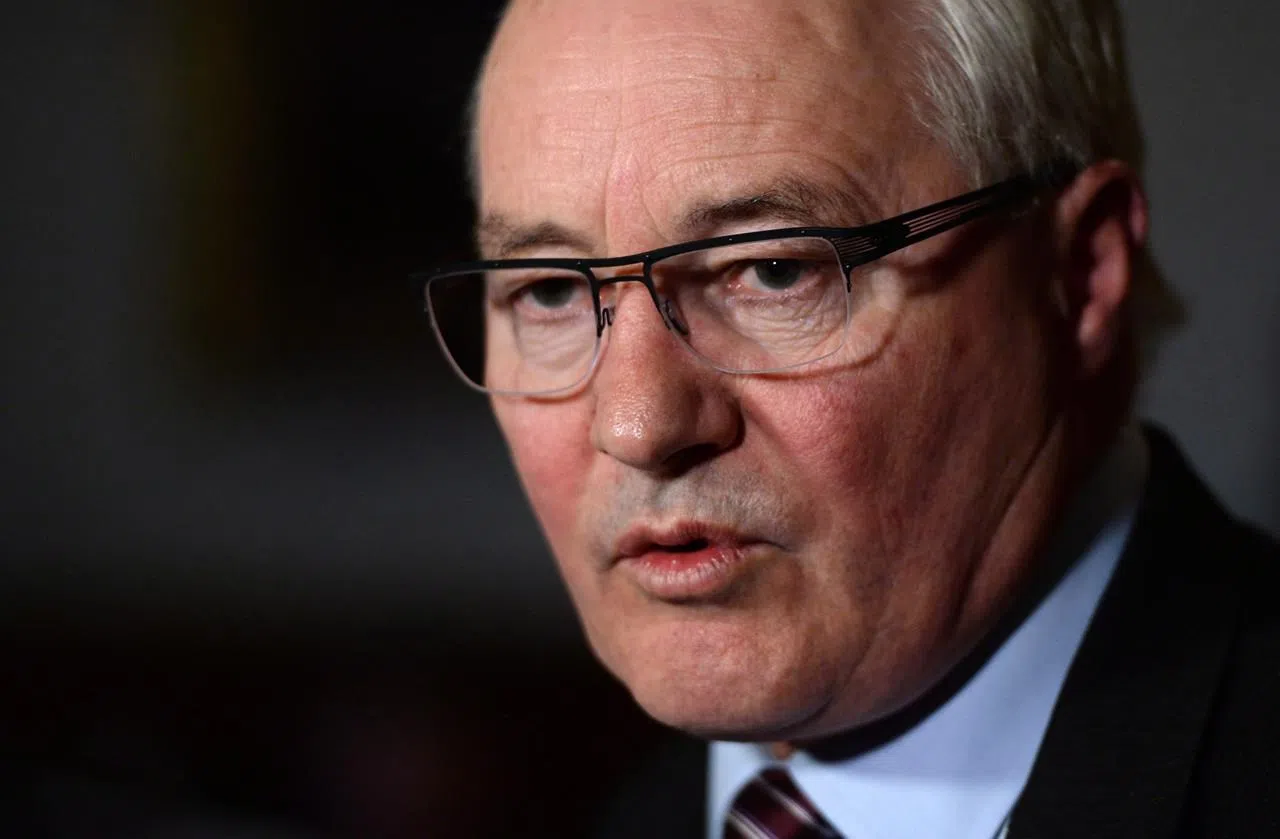
NAFTA: Countries poised to miss target, likely pushing process into 2019
WASHINGTON — The NAFTA countries appear poised to blow past a target date for getting a deal, rendering it unlikely that the process of negotiating, voting on, and implementing a new continental trade pact will be completed this year.
Insiders acknowledge the countries are in no position to produce an agreement text by the Thursday deadline set by the United States Congress for meeting all the procedural steps for a vote this year.
The countries are still talking.
But the risk they now face is that any agreement reached as of this moment will ultimately arrive at its final votes after this year, under a different cast of politicians, potentially with different priorities.


